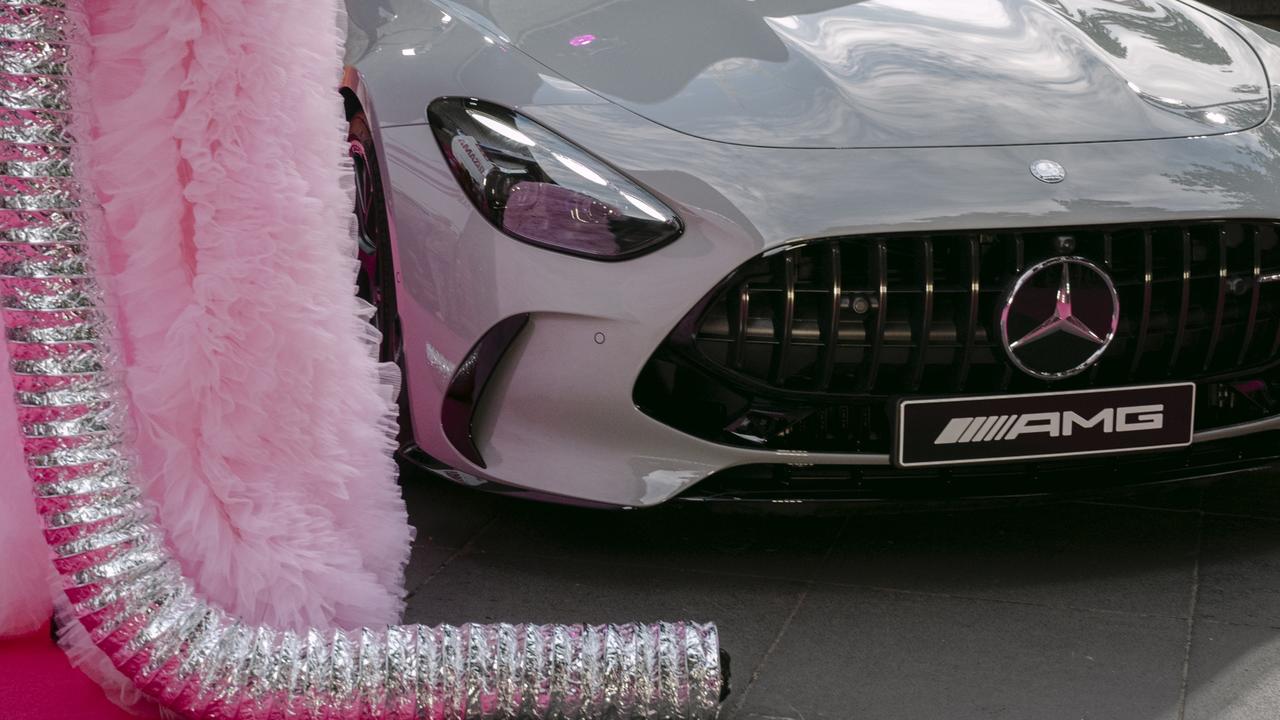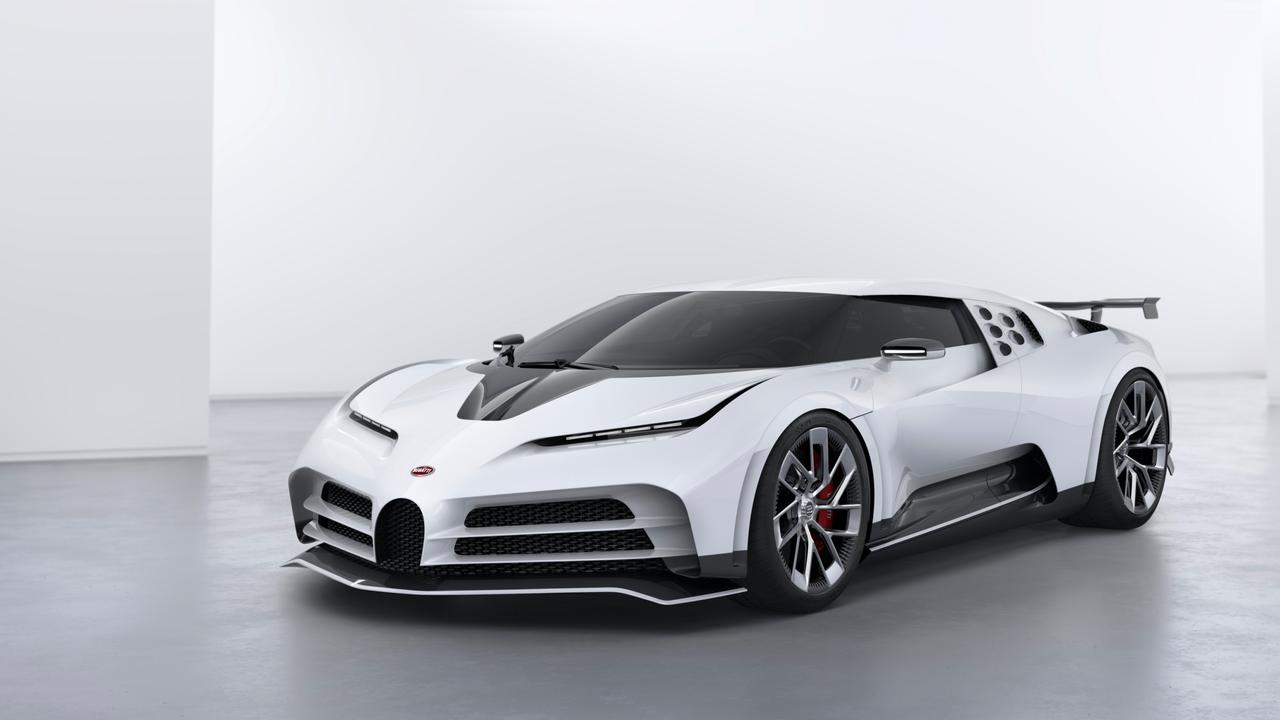The fashion ‘dupes’ found in cars
Features that used to be exclusive to $100,000-plus luxury machines can be found in much more affordable cars.

Luxury
Don't miss out on the headlines from Luxury. Followed categories will be added to My News.
The fashion world calls them “dupes” – items that duplicate the style or features of an established product, often for a lower price. You could also call them tributes, clones or copycats. Whatever you name them, the same concept applies in the automotive world, where new features are often introduced in premium machines before finding their way to more affordable machines.
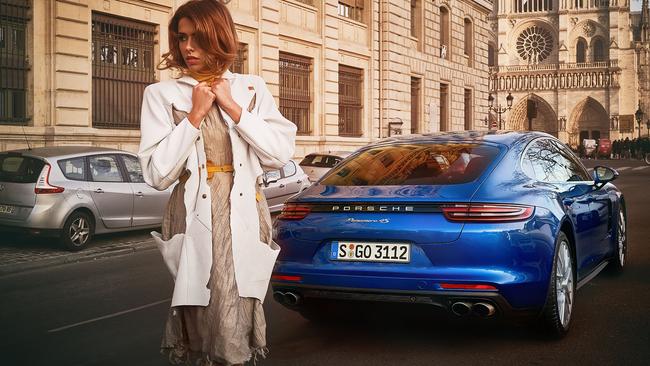
Hey Mercedes, that’s a good idea!
Benz shook up the luxury sector several years ago with MBUX, a fresh spin on its infotainment system designed to be more intuitive than prevailing technology.
The system’s twin digital displays have been copied by the likes of Hyundai – for great reason.
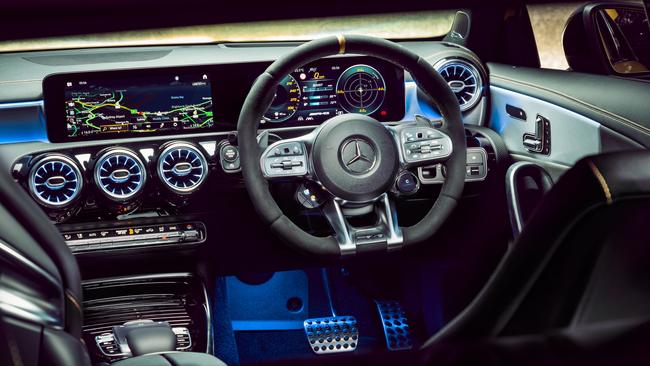
They look great and work well. Other brands have copied the voice-activated features that allowed customers to increase the temperature of its air conditioning simply by saying “Hey Mercedes, I’m cold”. You’ll find that on quite a few cars now, including electric cars by new brand XPeng.
Clear sight, full hearts, ground views
Land Rover’s clear sight ground view blew our minds a few years ago by using cameras to show what appeared to be a live video feed of terrain under the car.
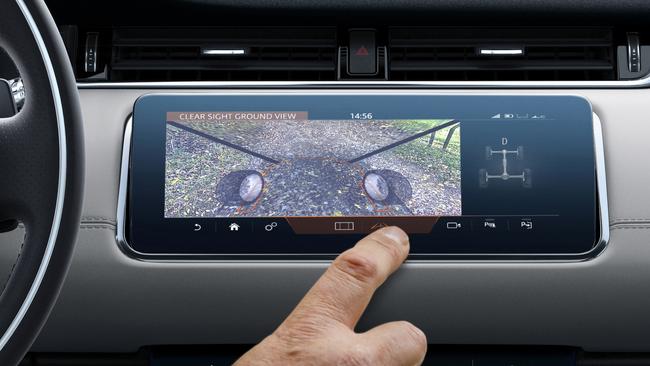
While that wasn’t quite the case, the cleverly delayed and displayed feed let drivers pick their way around rocks, ruts and other obstacles. The tech has been adopted by brands such as GWM, which include it in the Cannon Alpha ute.
Borrow My Work
BMW is responsible for quite a few features that made their way to cheaper models after a couple of years. They include “gesture control”, which allows you to manipulate the car’s entertainment system without touching physical buttons. Instead, owners can change their stereo volume by drawing small circles in the air, dismiss incoming phone calls with a backhanded swat, and create custom functions for a handful of other gestures. Once restricted to the $200,000 BMW 7 Series, the tech can now be found on affordable VW and Skoda models.

Play, pause, rewind
Once in a while, a piece of technology arrives that makes us ask two questions.
The first: How did they do that?
The second: Why would you want it?
BMW’s reversing assistant is one of them. Essentially, the system memorises the last 50 metres or so from a journey, and can then re-trace its steps in reverse. It’s a great party trick, and could be handy for folks who don’t like backing up, but it is a bit of a gimmick. You can find it in a few cars, including models by GWM and Haval.
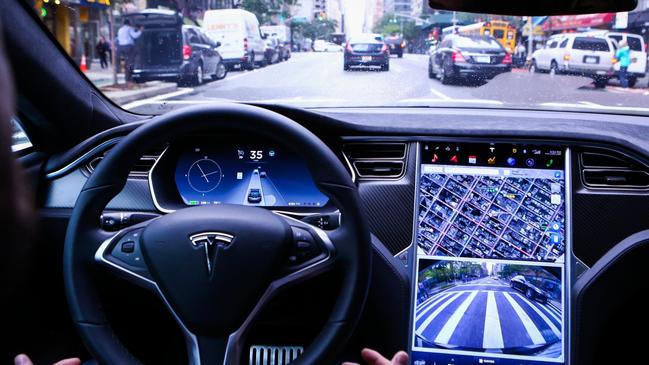
Stay in your lane
Most new cars have lane keeping assistance, active cruise control and auto emergency braking – but this wasn’t always the case. Tesla was one of the first brands to roll out advanced driver assistance technology, and it used a clever approach to build trust in the system. The original Tesla Model S displayed a version of what the car can see on the dashboard, depicting lane markings, barriers and other vehicles so drivers were confident that the car could see obstacles on the road.
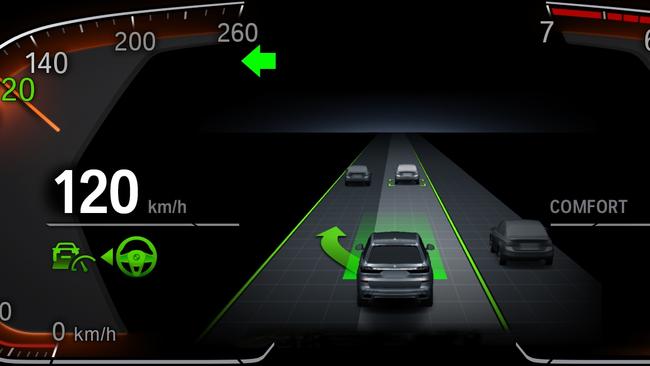
That approach has been copied by dozens of cars that use a similar visualisation technique to show customers the car can recognise its surroundings.
Originally published as The fashion ‘dupes’ found in cars




